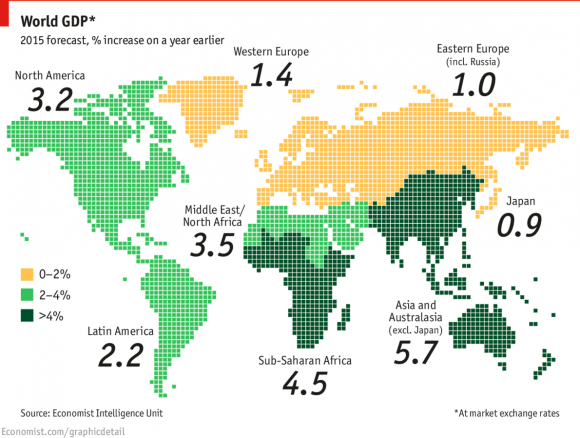Get Ready for Crazy


Recently, the Honduras homes and businesses of the family of Jaime Rosenthal were raided by the Honduran government. The properties themselves were seized and other assets taken. The family-owned bank was also seized and has been forced into liquidation, creating potential financial crisis for its 220,000 clients.
Throngs of angry clients, unable to go about their personal and professional business, have blocked surrounding streets, demanding the release of their savings.
In response, the government has promised that each depositor will have the opportunity to withdraw up to US$ 9,600 from other banks, beginning with the smallest depositors.
At first glance, those of us who live in the First World may regard this sort of crazy seizure as typical Third World governmental behaviour, but, in recent years, the First World has been changing. We’ve witnessed banks and governments confiscating depositors’ funds, increasing capital controls, and instituting asset forfeiture laws that have turned police departments into looters. They’ve created dramatically increased powers for all authorities, leading the populace to live in fear of detention or arrest for the smallest perceived infraction.
Some First World governments have taken a decidedly Third World turn.
And in this instance we see an ironic twist: The raids in Third World Honduras were a direct result of the legalised shakedowns that are occurring in the First World.
With the understanding that the U.S. government now seizes the assets of those they charge with a crime (and sometimes with no charge having been made), the government of Honduras undertook their seizure of the Rosenthals’ assets as a preemptive act, after one of the Rosenthals had been arrested in the U.S.
In essence, what we’re seeing is one government acting in a totalitarian manner to preempt another government acting in a totalitarian manner. Worse, the latter government is that of the U.S., once regarded as the leader of the Free World.
In discussing the event with a colleague in Honduras, I was advised that, as she is British, she has come to assume that the First World, into which she had been born, was more developed, more civilised than the Central American country in which she now resides. Although she was aware of the 2013 bank confiscation in Cyprus and has heard rumblings of new restrictive laws in the EU and U.S., she had not pieced together the fact that, whilst Third World countries continue to develop, the First World is going in the opposite direction and is beginning to pass the Third World level on their way down.

